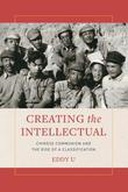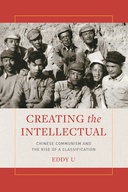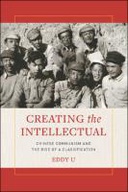Explore

This book offers a new analysis of the intellectual and the Chinese socialist revolution. Under the Chinese Communist Party, the intellectual was never simply an outspoken scholar, a browbeaten artist, a supportive official, or any kind of person facing an increasingly powerful political regime. The intellectual was first and foremost a widening classification of people based on Marxist thought. As the party turned revolutionaries and otherwise perfectly ordinary people into subjects identified locally as intellectuals, their appearance profoundly affected the political thinking of the party elites and how they organized the revolution, as well as postrevolutionary Chinese society. Drawing on a wide range of data, Eddy U takes the reader on a fascinating journey that examines political discourses, revolutionary strategies, rural activities, official registrations, organized protests, work organizations, and theater productions. The book lays out in colorful details the formation of new identities and new patterns of organization, association, and calculus. The outcome is a compelling picture of the mutual constitution of the intellectual and the Chinese socialist revolution, the impact of which is still visible in globalized China.
This book is included in DOAB.
Why read this book? Have your say.
You must be logged in to comment.


